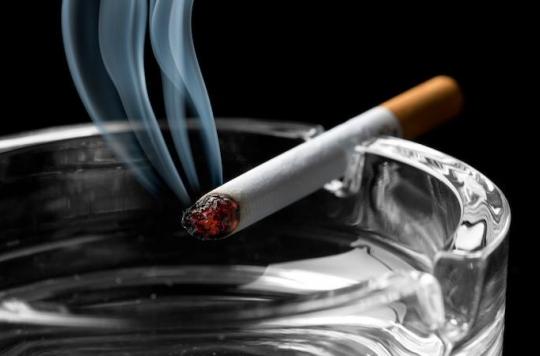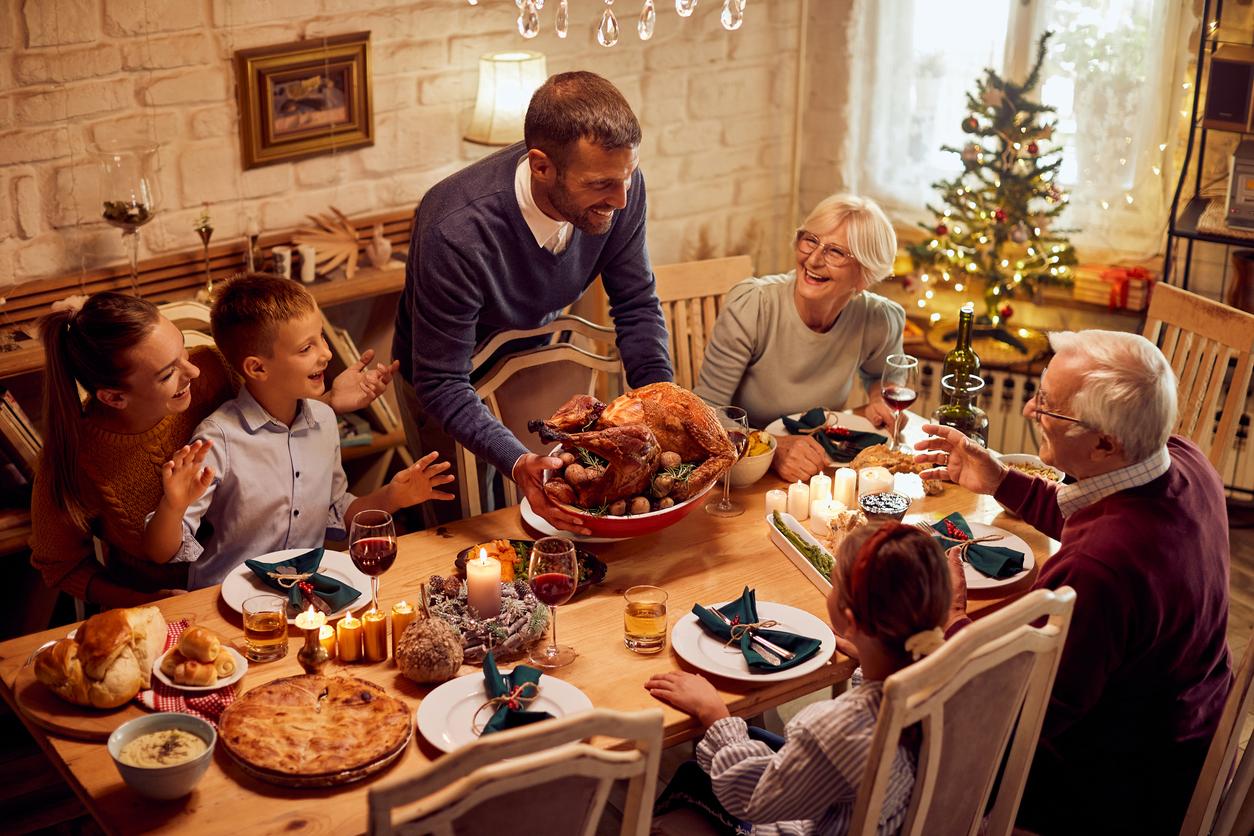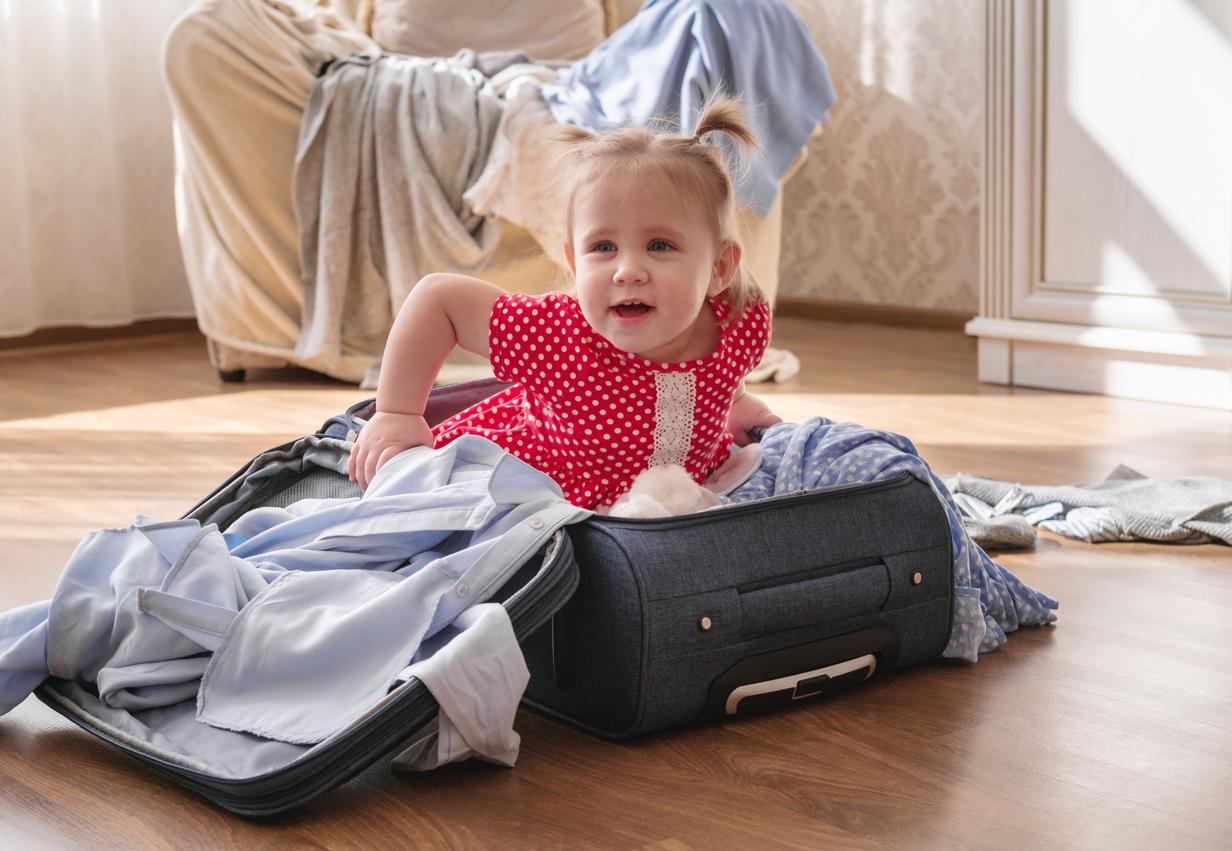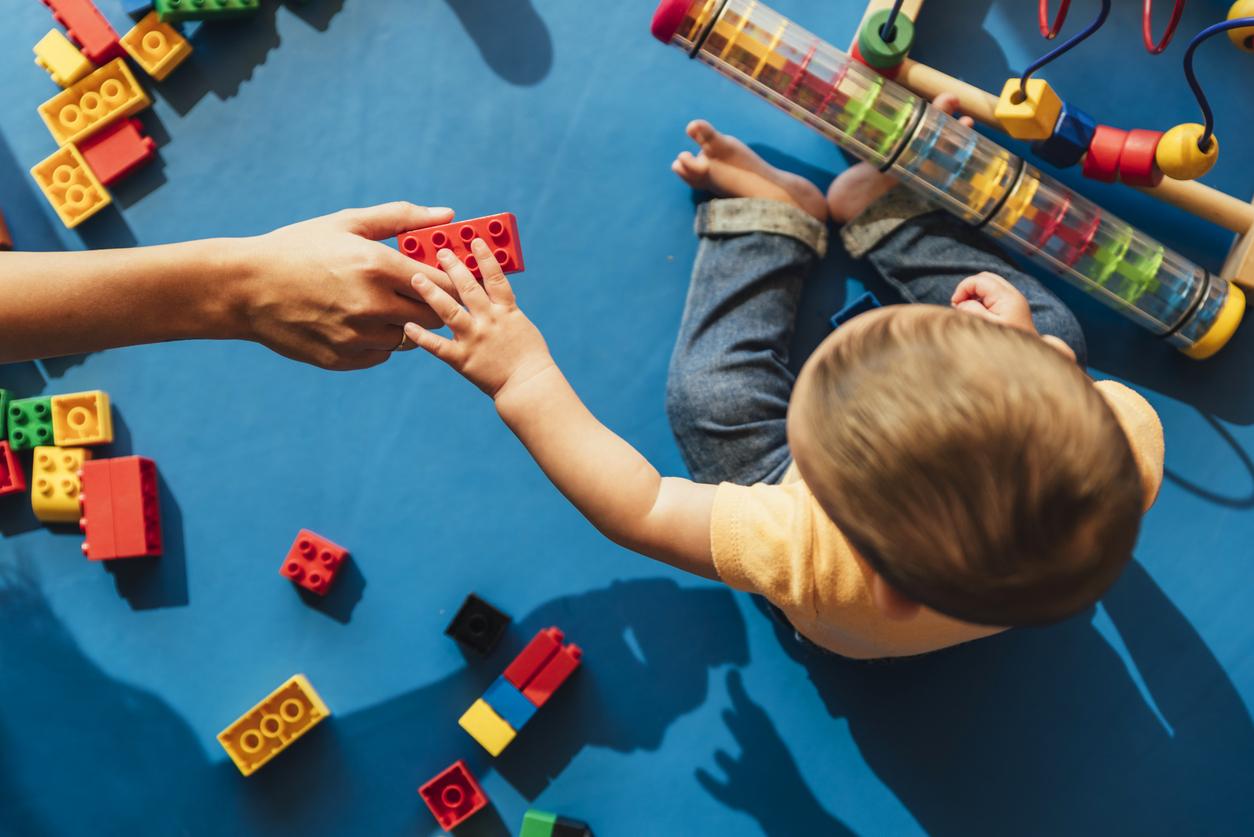Children are victims of their parents’ bad habits. Parents who smoke do not realize the damage smoke does to their children, according to a study.

Airing out, lighting a candle or smoking in the window does not save your children from secondhand smoke. In the United States, four in ten children are exposed to their parents’ smoke.
According to a study by Tel Aviv University, published in Nicotine & Tobaco Research, the smoker wrongly relies on his own physical senses to assess the presence of tobacco smoke in the air. However, the dependence of tobacco users disturbs their sensory capacities: “No one had put their finger on this problem of perception of exposure”, regrets Dr. Rosen. “But our study will influence the debate on smoking restrictions in public places because people can be exposed without knowing it.”
The reign of misconceptions
The research team conducted interviews with 65 parents – smokers – of young children in Israel. They found a lot of false assumptions and a lack of awareness of when their little ones are exposed to cigarette smoke.
“A lot of parents think they are taking adequate measures to protect their children, but we have found that they are not even aware of their exposure to tobacco,” says Dr Rosen.
“The problem lies in the perception of the parents. When they do not smell or perceive smoke, they are reassured while their senses are particularly overwhelmed by tobacco. Previous studies have shown that 85% of smoke is invisible and many components are odorless ”.
No in-between
When we smoke, we smoke, there is no such thing as a “happy medium”. Smoking with an open window, on the balcony, or ventilating the room after smoking will not change anything. “Urine tests of children whose parents smoke near open windows indicate double the normal level of cotinine, a nicotine product,” concludes Dr. Rosen.
Other couples believe that smoking in the car with the windows open is not harmful to their children. However, the study reveals that the level of harmful particles in a smoker’s car can be even higher than in bars where customers smoke freely.
To protect children from secondhand smoke, parents need to be confident that exposure occurs even when they cannot see or smell the smoke. It is the parents’ conscience that will really protect the youngest from this intoxication.

.















